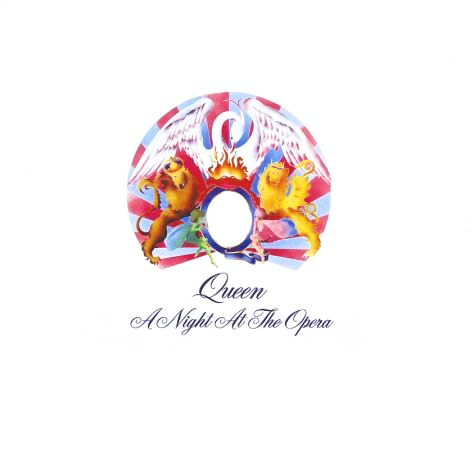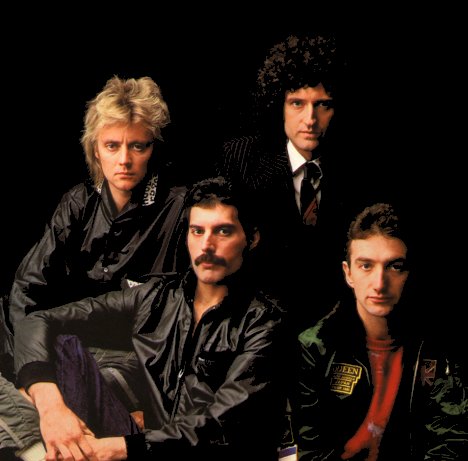04-06-1976 – LA Times – Queen looks set to reign
Queen looks set to reign like Zeppelin—explosively
There’s something to be said in rock ‘n’ roll for the magic of a full house. It’s far more exciting, for instance, to sit in a sold-out arena — imagining all those disappointed people left outside — than, it is to see hundreds of empty scats and realize no one else wanted to get in. Success, in short, can add to a band’s appeal.
That’s the reason, no doubt, there can be a certain exhilaration in seeing a massively successful band like Led Zeppelin in concert even for one who isn’t exactly enchanted by Zeppelin’s music. The power and celebration of a Zeppelin concert compensates in part for the band’s lack of musical vision.
Of all the emerging bands, Queen is the one that seems most capable of eventually generating Zeppelin’s brand of massive rock ‘n’ roll celebration. With its new album already in the national Top 10 and its most ambitious U.S. tour just completed, Queen stands on the verge of the kind of explosive success that could establish it as the newest member of rock’s superstar royalty. You don’t, in short, get .the feeling there are going to be many empty seats at Queen concerts the next few years.
From its beginning, Queen has aimed high. “The whole group aimed for the top slot,” Freddie Mercury, the band’s flashy lead singer, said after the success of its “Killer Queen” single established it as Britain’s hottest new band. “We’re not going to be content with anything less. That’s what we’re striving for.
“You have to have a lot of confidence in this business. It’s useless saying to yourself, ‘Maybe I’m not good enough, maybe I’d better settle for second place.’ It’s no good. If you like the icing on the.top, you’ve got to have confidence.”
The interesting thing about Queen is not simply that it is on its way to top-level success, but the nature of that success. As a political commentator might note in this election year, Queen has the kind of demographics going for it that make it a particularly important and welcome new force in rock. One of the problems in rock in the 1970s is that no band has arrived since Zeppelin to effectively unify even a slim majority of the massive, diverse rock community.
Where most rock fans could once agree on the Beatles or the Rolling Stones or the Who as worthy targets of affection and support, the rock applause is now largely segregated into various camps and subcategories.
Because the rock audience has become so vast, many groups from such veterans as Jethro Tull to such relative newcomers as Aerosmith — have achieved enormous success. But their success has not enabled them to bridge the various social, aesthetic and cultural gaps that exist between the various segments of the rock audience.
There are, for instance, Tull fans who might care little at all about Chicago, whose fans wouldn’t necessarily want to see Pink Floyd, whose audience might not like Sparks, whose cult would; no doubt sneer at ZZ Top.


